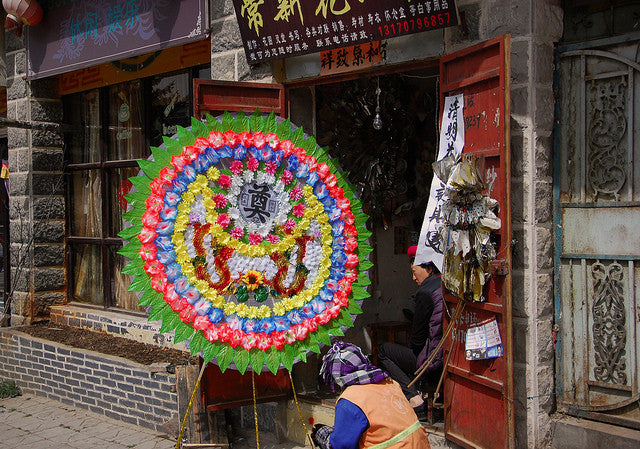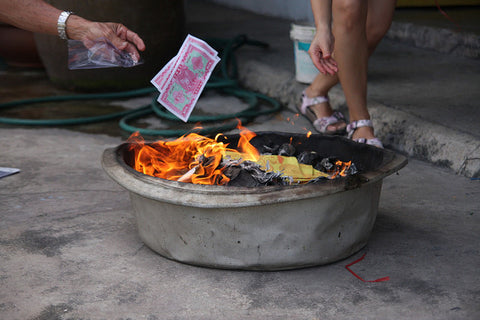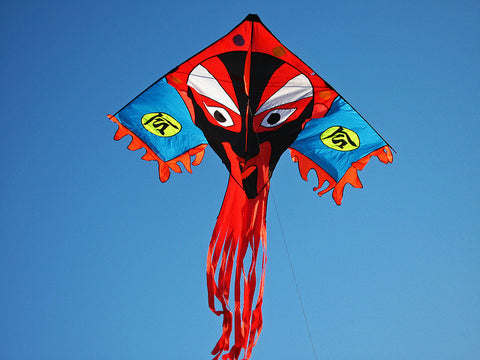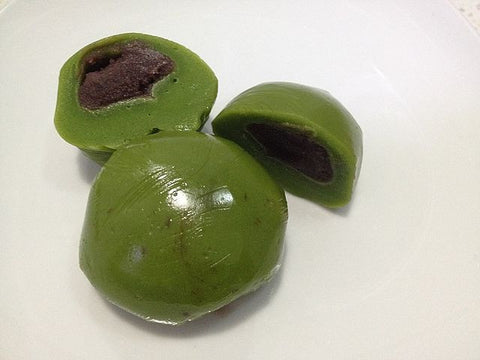
The Qingming Festival: A Time to Honor Ancestors and Celebrate Spring
Mexico has the Day of the Dead. Japan has the Bon Festival. In Chinese culture, people honor their ancestors during Qingming.
Also called the Pure Brightness Festival, Tomb-Sweeping Day, and Ancestors’ Day, the Qingming Festival celebrates and honors those who have passed, whether relatives, ancestors, or simply loved ones. Taking place 15 days after the Spring Equinox — April 4 or 5 — Qingming also sweeps in the long-awaited start of spring weather.
So how did this holiday begin and how can you celebrate it?
How Qingming began
There are a few theories as to the origins of this festival.
To honor a very loyal follower
One says Qingming originated from the Hanshi or Cold Food Festival, three fireless days that start the day before Qingming and end the day after. Legend says Hanshi was established by the Duke Wen of Jin to honor loyal follower Jie Zitui. How loyal was he? Supposedly on one of their journeys after their provisions were stolen, Jie Zitui offered the flesh from his own leg to ensure the duke wouldn't starve. Now that's dedication.
To change seasonal wood
More skeptical sources say there's no evidence of the relationship between Qingming and Jie Zitui, nor of his ultimate sacrifice to the duke. Historical evidence suggests the lack of fire (and therefore the ingestion of cold food) was due to the changing of ceremonial wood according to the seasons.
To stop the ceremonial insanity
Another possible origin is with Emperor Xuanzong, the seventh emperor of the Tang Dynasty. It's said the wealthy were going overboard with expensive ceremonies honoring their ancestors. The emperor put a stop to such extravagance by limiting such practices to just one day a year. Hence, Qingming.
How to celebrate
Qingming is all about honoring one’s ancestors who have passed, and you can do so in a number of ways.
Clean gravesites
While in the past this meant sweeping tombs, today this might be as simple as clearing debris, pulling weeds, or replacing wilted flowers with fresh ones.
Bow at gravesites
In many Asian cultures, bowing is a sign of respect. While there may be variations, a common way to bow during Qingming is three times while standing, and another three while kneeling.
Leave offerings

Offerings include flowers, favorite foods and drinks, and joss paper, which symbolizes money (tradition calls for burning joss paper, but this is most likely impractical, if not illegal). You might consider folding the joss paper into ingots, an ancient form of Chinese money.
Carry willow branches
It’s believed that willow branches ward off evil spirits that may wander in during Qingming. So some people carry them during the festival or place them at their front doors or gates.
Enjoy the spring weather
The Qingming Festival isn’t all about sadness. It also ushers in the spring season. So enjoy the weather by having a picnic, taking a walk, or sitting in the sun.
Fly a kite

You can also take to the skies — with a kite that is. And just because the sun has set doesn’t mean the kite flying fun has to stop. You might deck out your kite with lanterns or LEDs, and light up the night sky.
Eat qingtuan

No Chinese festival would be complete without the ingestion of delicious foods, in this case qingtuan, a sticky rice ball filled with sweet black or red bean paste. What makes qingtuan different from other glutinous rice snacks is its distinctive green color, which comes from mugwort or barley grass. This additional ingredient, by the way, is only edible in the early spring.
Eat zongzi
In some parts of China, a Qingming traditiona is eating zongzi, sticky rice pyramids full of ingredients like pork, peanuts, red bean, and mung bean, and wrapped in bamboo leaves. According to some, this is because zongzi represent fertility.
Craving zongzi now? You can get some at Pearl River Mart Foods and via our Mercato store.
[Photos: "Tomb Sweeping Day Materials" by timquijano, CC BY 2.0; "Ghost money" by Jan, CC BY 2.0; "Beijing Kite" by neijls, CC BY 2.0; "Qingtuan, traditional Chinese food of the Qingming festival" by Vtorok, CC BY-SA 4.0]